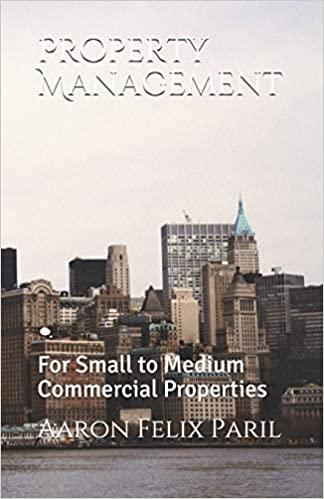Question
Assignment Subject: Art of Leadership Q.2 Case study In a small community with a long tradition of art appreciation, a board managed the policies of
Assignment Subject: Art of Leadership
Q.2 Case study In a small community with a long tradition of art appreciation, a board managed the policies of the local arts council. Over the course of many years, the reputation of the communitys appreciation of the arts grew state- wide. For decades, the arts council thrived and the community benefitted greatly from the business, industry, and education that developed through local pride in the arts. One year a new member of the board became disenfranchised with the director of the arts council because he did not include the board members art piece in the annual art exhibit. The director assured the board member t at the artwork was judged to be good by the advisory committee that selected art for the art exhibit, but many other art pieces were superior to that piece of artwork. For decades, the selection of art for the annual exhibits by the advisory committee was sacrosanct. The thought of interference in the selection process by a board member of the arts council was unthinkable. The new board member was selected by his peers primarily because of his financial standing in the community, not because he had a history of supporting the arts. In fact, he had shown very little interest in the communitys arts endeavours and exhibits before joining the board. This was widely known by many others on the board and by the director; yet, he was added to the board. It became obvious soon after his appointment that the board and the director had sacrificed its purpose and commitment to the arts for the status of and possible financial contributions from the new board member. It was also obvious that the new board member was not committed to the arts and he had no respect for the long-standing process of selecting art for the annual exhibit. After the director explained the process of selecting art for the exhibit and the critical role of the advisory committee, the new board member was unmoved. He insisted that his artwork is included in the exhibit. The director informally and formally addressed the issue with the other board members. Rather than maintaining its integrity and focus on the traditional process of artwork selection; instead of standing strong against one board members inappropriate demands; instead of appreciating and respecting the authority and responsibility of the directors position and key role in the council and community; instead of standing on its own principles, all of that was compromised and the questionable artwork was included in the exhibit. This unfortunate and ill-advised decision by the board and director created
chaos. Other board members began to question the art show selections by the advisory committee and each one began to name their own favorite art pieces. Over a brief period, the selection process broke down completely; the quality of the art exhibit declined; the trust of the director diminished, and the once broad community support of the arts council started to erode. The director was removed and without a succession plan for the leadership position, a director was selected that was unqualified for the position and who was told by the board that he was not to operate independently of the board. In other words, the board made it clear that they would run the organization.34 Years later that once proud and prestigious arts council became a shell of its former existence, and its decline started with one board member who put himself over the best interests of the organization and was supported by a board and leader that failed to carry out its duties and responsibilities when they abandoned the organizations purpose and traditions. Once the trust was eroded and the focus of the organization shifted from its mission to individual self-interests, the core of the organization was damaged from the inside out. The purpose of leadership was lost. But more importantly, sustainability of the effectiveness of the organization suffered. Question: (4 5 = 20) 1. How do you manage a conflict situation? 2. Which supporting skills do you think are more important for a leader? 3. Tell me/us about the time you demonstrated leadership skills at work? 4. What is your leadership style?
Step by Step Solution
There are 3 Steps involved in it
Step: 1

Get Instant Access to Expert-Tailored Solutions
See step-by-step solutions with expert insights and AI powered tools for academic success
Step: 2

Step: 3

Ace Your Homework with AI
Get the answers you need in no time with our AI-driven, step-by-step assistance
Get Started


